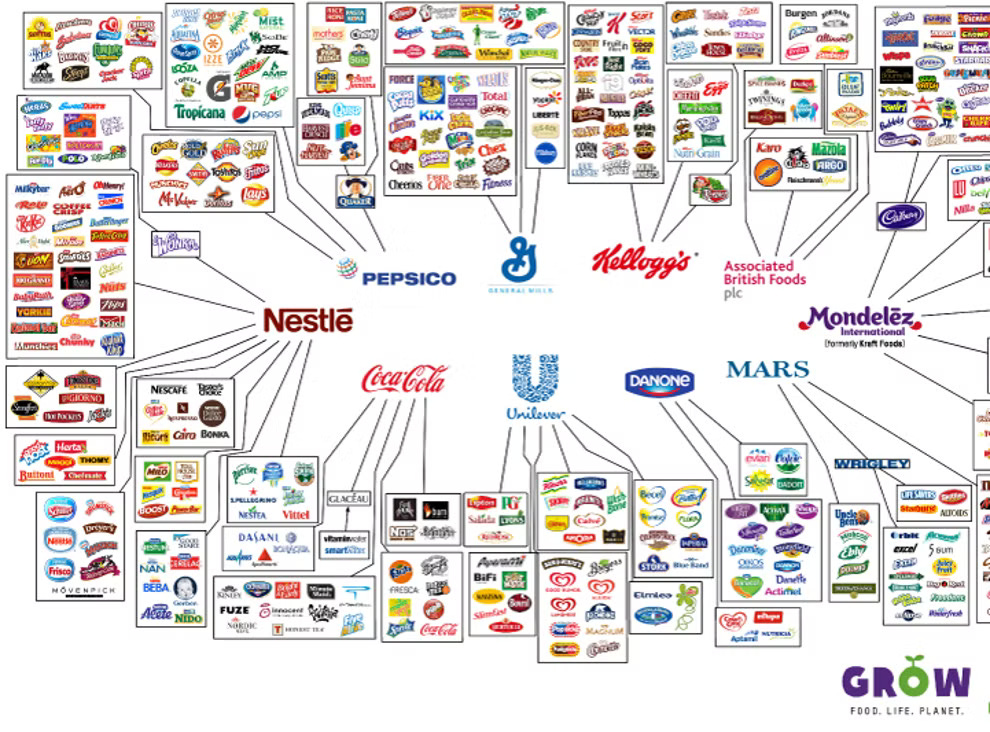| 12:32 AM (10 hours ago) |   | ||
| ||||
Office Hours: Fake brand competition, monopoly power, and inflationWhy do the media and lawmakers blame wages instead of monopoly power?
If you watched the Super Bowl last Sunday, you might have seen an ad where spokesmen for Coors and Miller Lite got into a physical fight over which beer the ad was for — only to have it revealed at the end that it was an ad for Blue Moon. Of course, it was really an ad for all three beers, which are owned by just one big corporation, Molson Coors. In fact, Molson Coors owns over 100 beer brands. Yesterday, the Bureau of Labor Statistics reported that inflation slowed a tad in January. But the costs of certain items continue to rise faster than inflation — alcoholic beverages, for example. Does this have anything to do with the power of Molson Coors and a handful of other beer giants to raise prices? Meat, poultry, fish, and egg prices also rose faster than inflation last month. These are further illustrations of fake brand competition. In reality, just four giant corporations now control 85 percent of beef packing, 66 percent of pork, and 54 percent of poultry. Such consolidation gives a handful of giant corporations the power to raise prices. From soda to soap, behemoths like PepsiCo and Unilever dominate store shelves with multiple brands, creating the impression of competition. But the brands disguise market power that enables these giant corporations to raise their prices and increase their profits. PepsiCo (owner of Pepsi, Lay's, Quaker, Gatorade, Tropicana, 7UP, Doritos, Cheetos, Ruffles, Pizza Hut, Taco Bell, and more than 20 other brands) raised prices 16 percent in the fourth quarter from a year earlier. Unilever (owner of Dove, Hellmann's, Knorr, Lifebuoy, Lux, Sunsilk, Vaseline, Ben & Jerry's, and more than 300 other brands), raised prices more than 13 percent. Profits at both companies beat Wall Street's expectations. So today's Office Hours question: If monopoly power is a major factor behind inflation, why do the media and elected lawmakers continue to blame inflation on wages — which haven't been increasing nearly as fast as the prices of the products and services of big corporations? |
Juan
Q. What's the difference between a Hippo and a Zippo?
A. A Hippo is really heavy, and a Zippo is a little lighter.


No comments:
Post a Comment